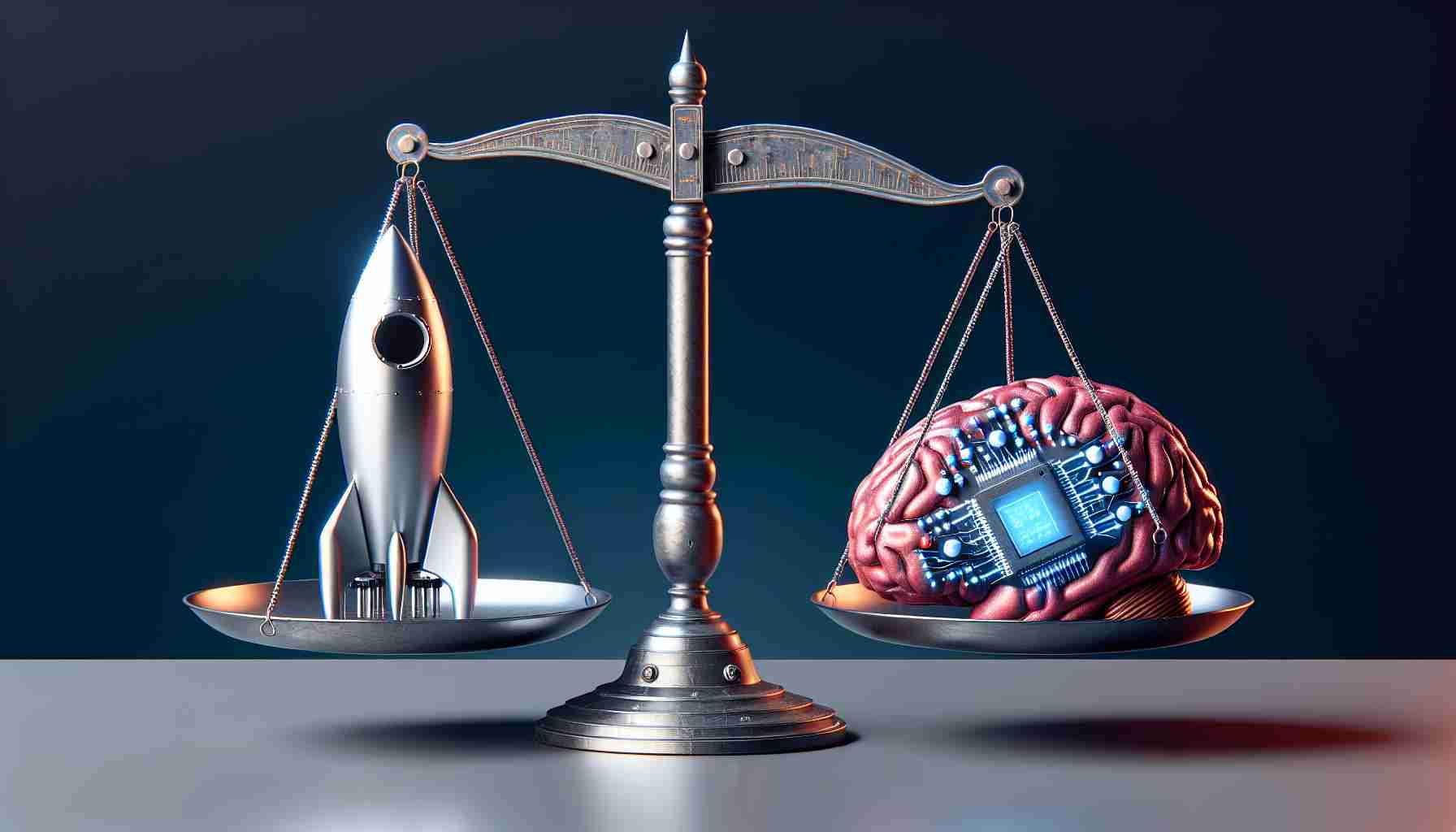Elon Musk Speaks on Limited AI Role in SpaceX Operations
In a recent statement at the global Milken Conference in Los Angeles, Elon Musk, the entrepreneurial mind behind the aerospace enterprise SpaceX and the social media platform formerly known as Twitter – ‘X’, emphasized that artificial intelligence (AI) does not currently play a pivotal role in his aerospace company’s endeavors. The digital news outlet Axios reported his outlook on AI, indicating that although Musk anticipates a future where AI could overwhelmingly dominate over ‘biological’ intelligence, he expressed skepticism about its present utility for SpaceX operations.
Musk Critiques Current AI Capabilities
With a futuristic viewpoint, Musk acknowledged that AI still has a long journey ahead before becoming instrumental for the company. He recounted his interactions with AI, posing complex questions that span theories on extraterrestrial life, such as the Fermi paradox, rocket engine design, and electrochemistry. His experiences with AI have so far been underwhelming, suggesting that AI applications have not yet reached a level of sophistication or practicality that SpaceX requires in its advanced technological pursuits.
Starlink Functions Independently from AI
Further detailing SpaceX subsidiaries, Musk specified that even Starlink, the satellite internet company that significantly contributes to SpaceX’s valuation, operates independently of AI. In conclusion, Musk clarified his stance, stating he is not opposed to employing AI within his ventures. Rather, the absence of tangible benefits from AI at this juncture has led to its minimal use within his space-focused enterprise.
Key Questions and Answers:
Q: What is Elon Musk’s current stance on the use of AI in SpaceX’s operations?
A: Elon Musk believes that AI does not play a crucial role in SpaceX’s current operations and has yet to provide tangible benefits that warrant its widespread use within the company.
Q: Has Elon Musk commented on the potential future role of AI in SpaceX?
A: Yes, Elon Musk anticipates that AI could eventually dominate over ‘biological’ intelligence and thus might become important to SpaceX in the future, but he remains skeptical about its current utility.
Key Challenges and Controversies:
One of the key challenges associated with AI, particularly in space exploration, is developing systems that aren’t only theoretically advanced, but also practically applicable to the complex and unpredictable scenarios encountered in space missions. AI must be resilient, able to solve unforeseen problems, and maintain operations in the harsh conditions of space.
Controversially, Musk’s skepticism about AI’s current utility contrasts with his previous warnings about the potential threats AI might pose to humanity if not properly controlled. Yet, within SpaceX, he appears to weigh the current practicality over theoretical fears, unless AI demonstrates clear benefits for the company’s specific needs.
Advantages and Disadvantages of AI in Space Exploration:
Advantages:
– AI could potentially handle complex, time-critical decision-making processes faster than humans.
– It might improve the efficiency and safety of space missions by quickly analyzing and responding to data.
– AI could eventually operate exploratory or mining equipment on other planets, reducing the need for human presence in dangerous environments.
Disadvantages:
– Presently, AI may not be reliable enough for critical space mission operations.
– The cost of developing space-specific AI applications could be prohibitively high without immediate return on investment.
– There are ethical and control concerns surrounding the deployment of AI in powerful platforms like spacecraft.
Related Links:
– For further information on SpaceX and their missions, you can visit SpaceX.
– To explore Elon Musk’s thoughts and affairs beyond SpaceX, you could look at Tesla, another company he leads which is more actively incorporating AI into its products.
Please note that SpaceX, being a private company headed by Musk, has not yet heavily leaned into AI for its missions, which is in line with Musk’s conservative stance on AI in aerospace as remarked upon at the Milken Conference. However, this could rapidly evolve as AI technology advances and finds more concrete applications within the field of aerospace engineering.

